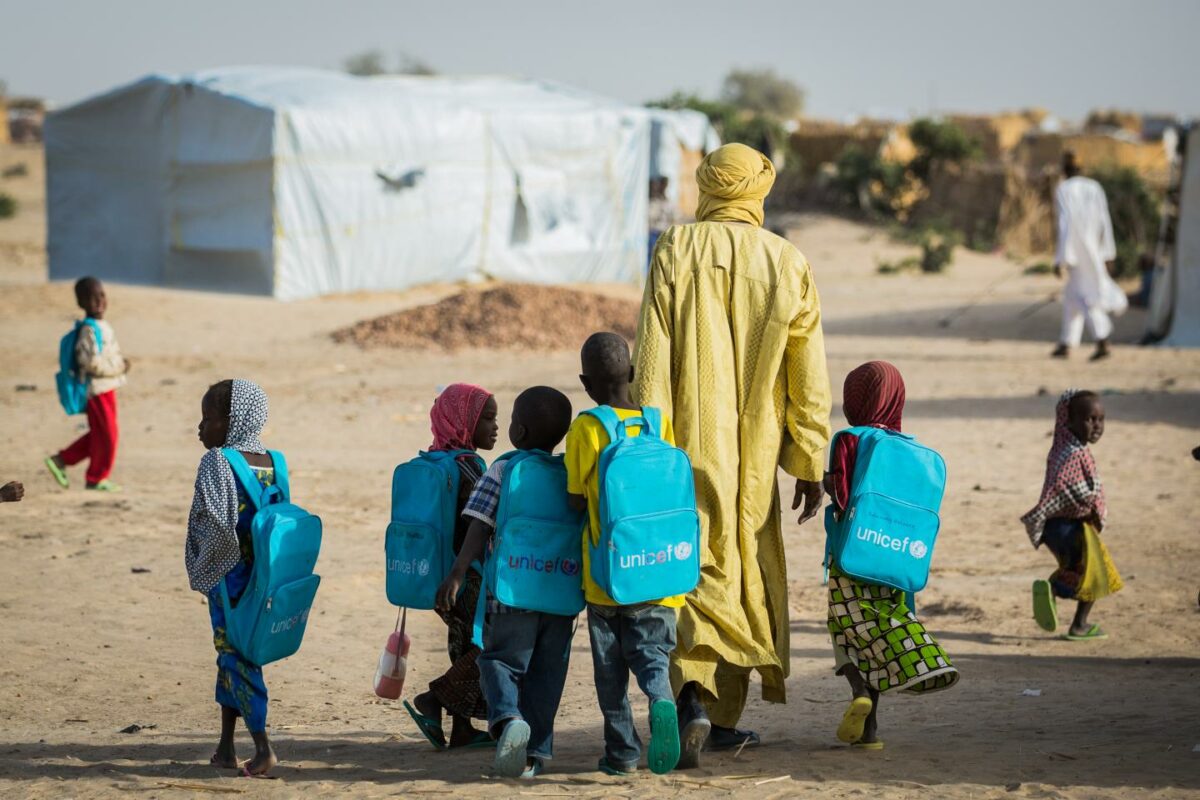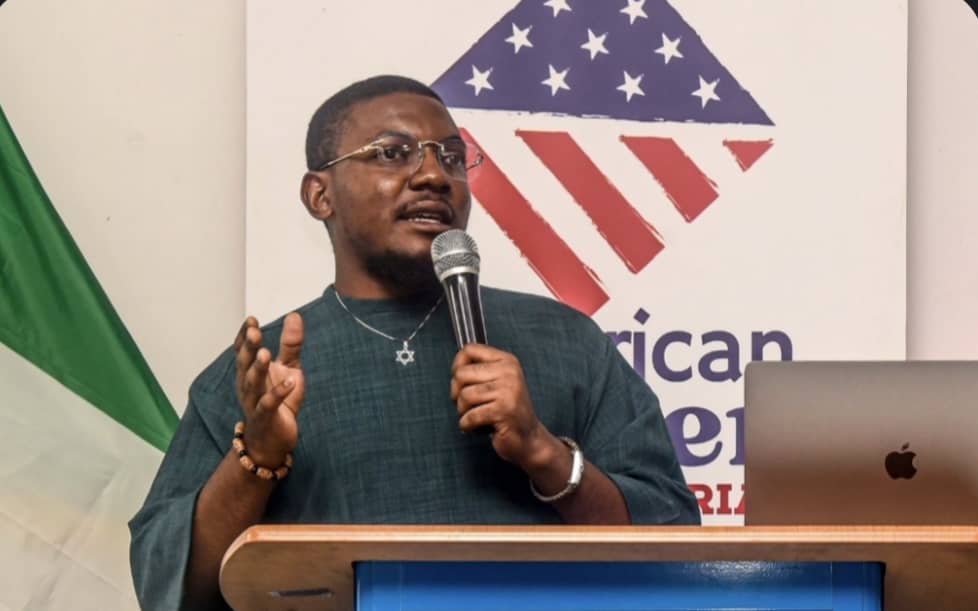Saadhna Panday-Soobrayan, the chief of education at the United Nations International Children Emergency Fund (UNICEF), has said that 85 percent of Nigerian children between the ages of one and 14 experience violent discipline in schools.
Panday-Soobrayan made this known at a two-day meeting on ending corporal punishment in schools, which was organised by the Teachers Registration Council of Nigeria (TRCN) in collaboration with UNICEF, on Tuesday.
“Yesterday we confronted the harrowing reality that 85% of children between the ages of 1 and 14 in Nigeria experience violent discipline, with nearly 1 in 3 children experiencing severe physical punishment. This is a staggering statistic, one that demands urgent action and is indicative of a crisis,” Panday-Soobrayan said.
“Much of this violent discipline takes place in the form of corporal punishment in the very institutions that are entrusted to keep children safe, develop respect for human rights and prepare them for life in a society that promotes understanding peace, and conflict resolution through dialogue.”
READ ALSO: Students Evacuated As Midnight Shooting Disrupts Academic Activities At FGC Kwali
The perpetration of violent discipline in Nigerian schools contradicts Nigeria’s national policy on safety, security and violence-free schools, which is a commitment to zero tolerance for any threat to the security of lives and property in schools.
Panday-Soobrayan noted that corporal punishment in schools was “stalling Nigeria’s progress toward Sustainable Development Goals (SDG) 3 to ensure good health and well-being, SDG 4 on equitable and inclusive quality education and target”. These SDGs are aimed at ending abuse, exploitation, trafficking and all forms of violence against children.
Josiah Ajiboye, the registrar of TRCN, noted that there was a global paradigm shift from corporal punishment in schools because of its effect on pupils. He also said that the practice had been proven to be ineffective in maintaining discipline and dangerous.
READ ALSO: Two-Year-Old Girl Falls Sick In Lagos After Teacher Mistreated Her For Refusing To Read
Tunde Adekola, an education specialist, said that the World Bank had seen a correlation between learning poverty and corporal punishment. Adekola further stressed the urgency of implementing the action plan against corporal punishment in Nigerian schools.
Nigeria passed its child’s rights act in 2003 to protect children from violence. There remains no action plan and roadmap for ending corporal punishment in schools in line with the act.
Subscribe
Be the first to receive special investigative reports and features in your inbox.















